Bruce Willis' Wife Opens Up About Actor's Dementia Diagnosis
Emma Heming Willis gets honest about her husband’s health condition.
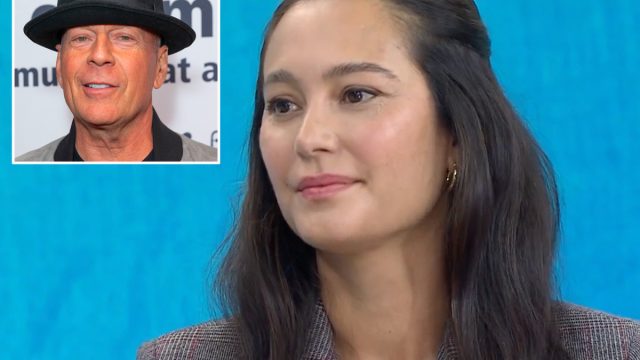
Earlier this year it was revealed that Bruce Willis was suffering from frontotemporal dementia, after retiring from acting in March 2022 after being diagnosed with aphasia. This week, his wife, Emma Heming Willis opened up about her husband's health condition and shared about her journey as a caregiver in an exclusive interview with TODAY co-anchor Hoda Kotb.
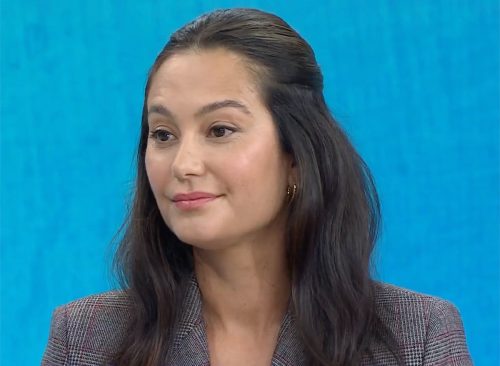
Heming said "it's hard to know" if her husband is aware of his dementia. "What I'm learning is that dementia is hard," she said.
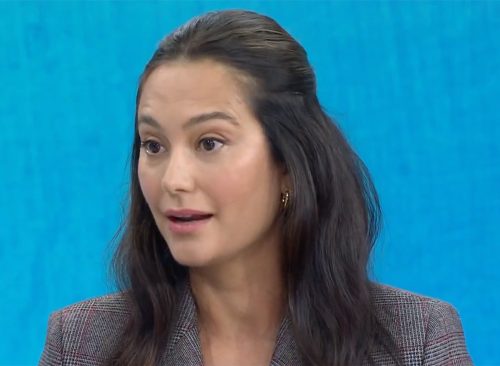
"It's hard on the person diagnosed. It's also hard on the family. And that is no different for Bruce or myself or our girls," she added. "And when they say that this is a 'family disease,' it really is."
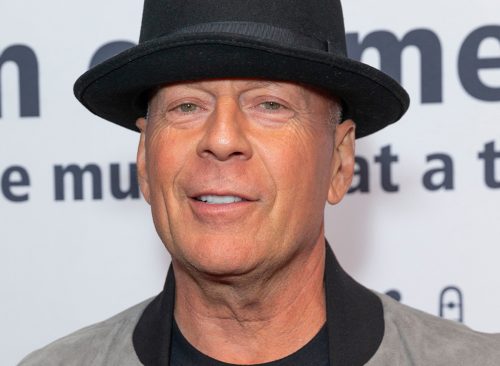
She added that their daughters Mabel, 11, and Evelyn, 9, both of whom are very aware of their father's condition. "We're a very honest and open household," she continued.
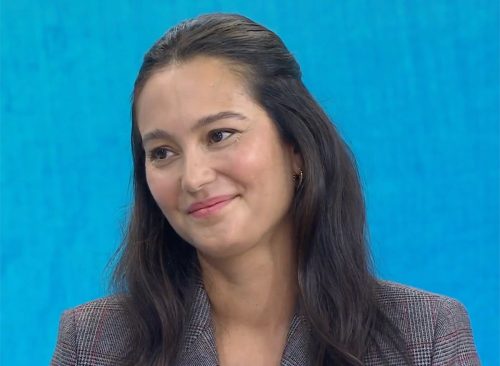
"The most important thing was … to say what the disease was. Explain what it is because when you know what the disease is from a medical standpoint, it sort of all makes sense," Heming said.
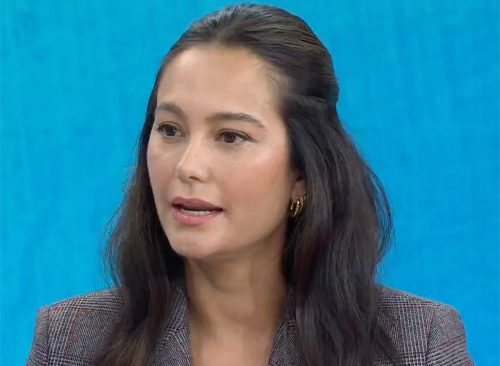
"So, it was important that we let them know what it is because, you know, I don't want there to be any stigma or shame attached to their dad's diagnosis or for any form of dementia," she added.

"This is not what I would want for them," Heming said about her girls growing up with a sick parent. She also said that "it's teaching them so much – in how to care and love." She added: "It's a beautiful thing amongst the sadness."

She said his diagnosis was "the blessing and the curse" to her ears. "To sort of finally understand what was happening, so I could be into the acceptance of what is."

"It doesn't make it any less painful, but just being in the acceptance … and just being in the know of what is happening to Bruce, just makes it a little bit easier," she concluded.
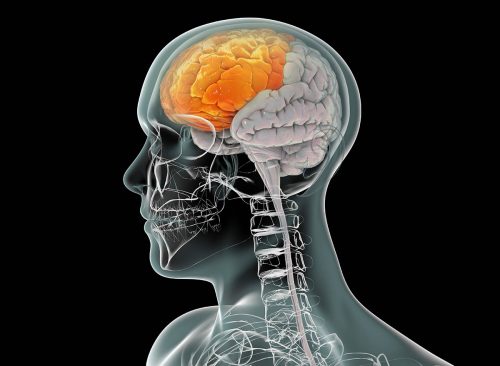
According to the National Institute of Aging, frontotemporal disorders (FTD), sometimes called frontotemporal dementia, are the result of damage to neurons in the frontal and temporal lobes of the brain. "Many possible symptoms can result, including unusual behaviors, emotional problems, trouble communicating, difficulty with work, or difficulty with walking," they say.
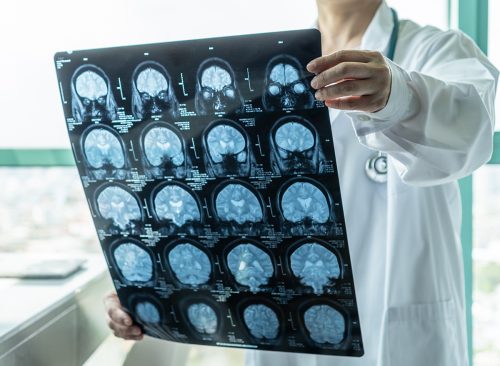
FTD is rare, according to the NIA. It also "tends to occur at a younger age than other forms of dementia. Roughly 60% of people with FTD are 45 to 64 years old."














